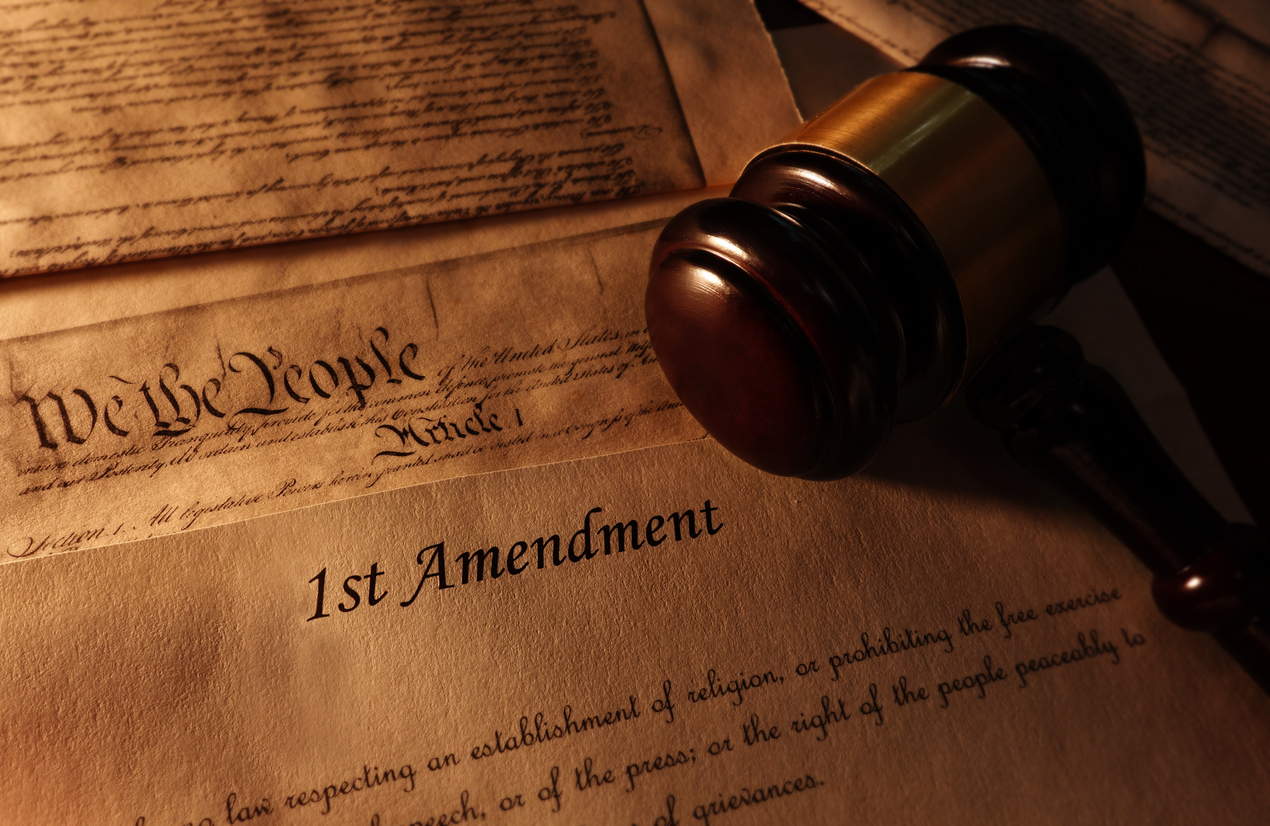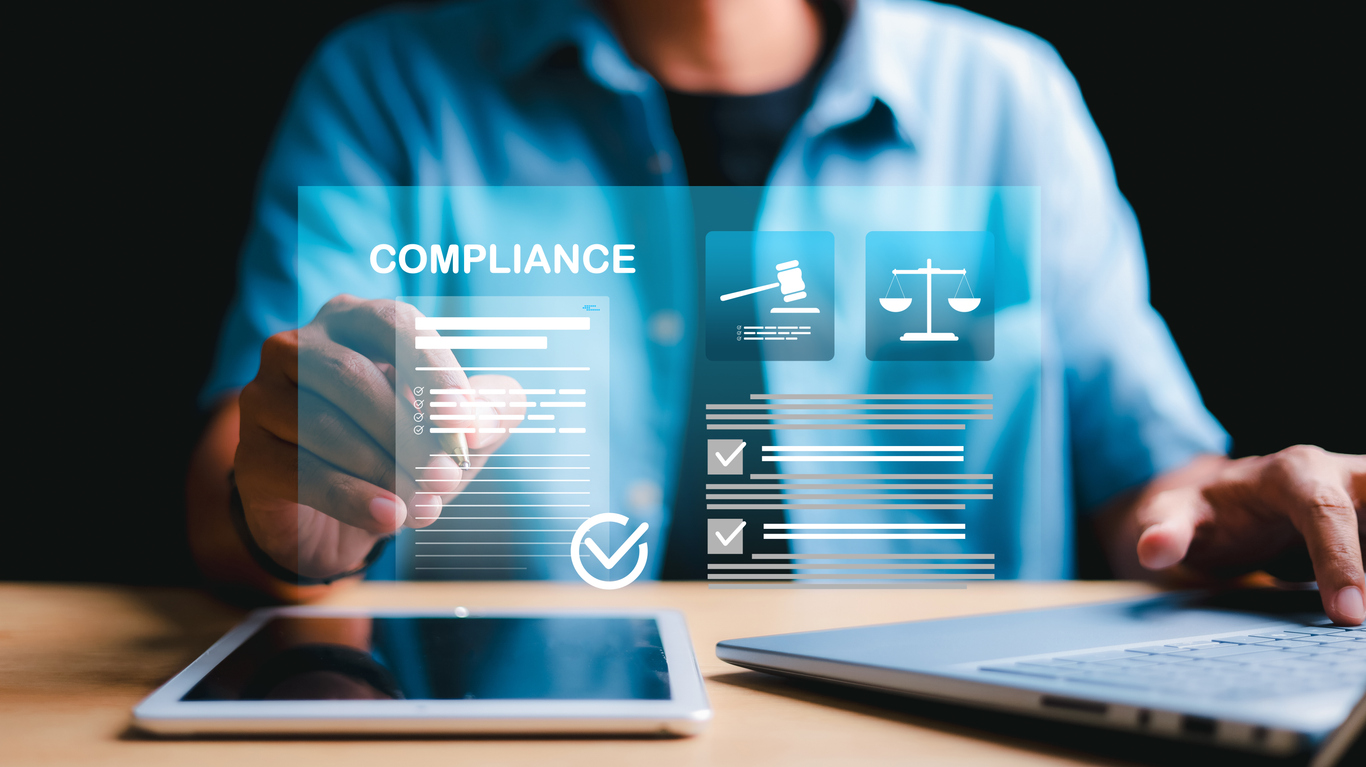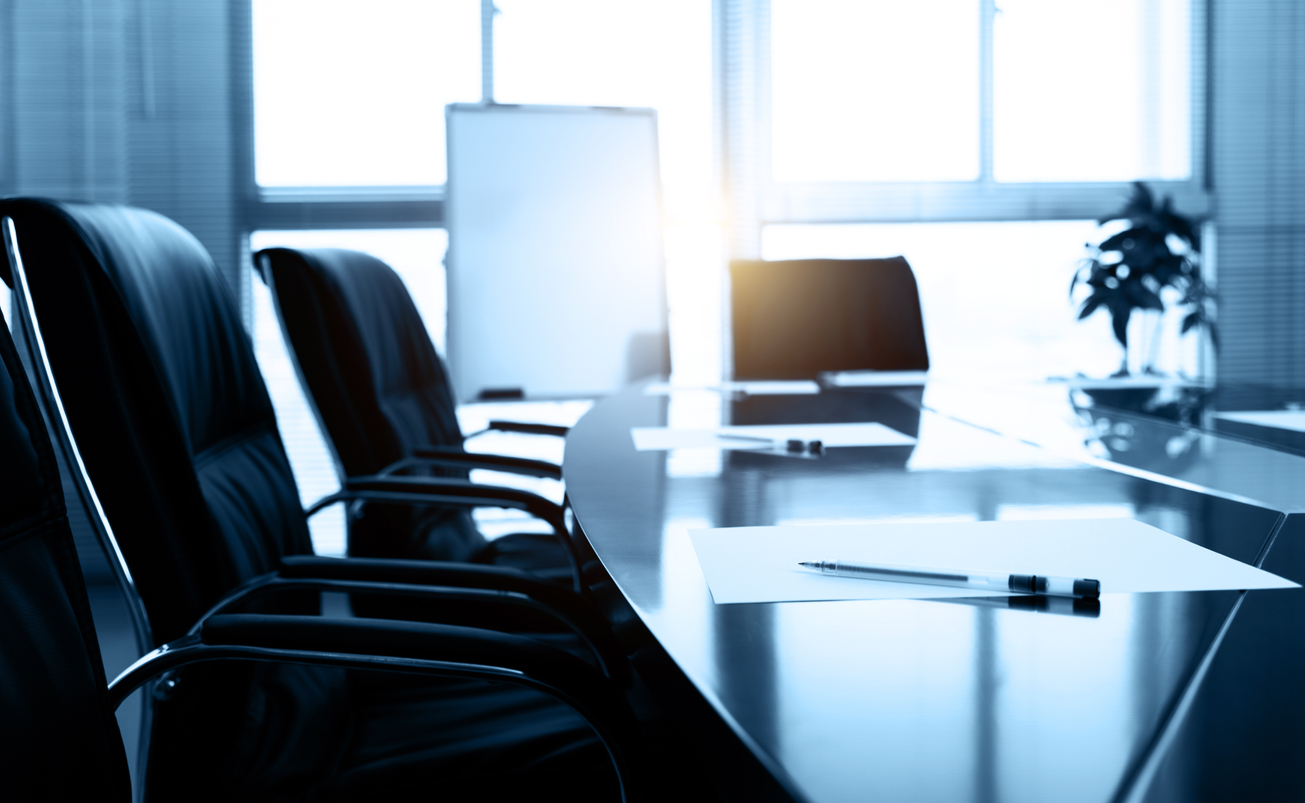Religious Liberty Commission Holds Its Historic Inaugural Hearing
By Michael Ippolito
“[Religious freedom] does not seek a secular civic space, it welcomes faith into society in all its multi-faceted forms.” Rabbi Meir Soloveichik, rabbi of the oldest Jewish congregation in the United States, made these remarks during the first hearing of the White House Religious Liberty Commission. “We bring our faith with us into society. For it is faith that fuels, inspires, and guides our engagement with the civic realm.”
The historic White House Religious Liberty Commission convened in Washington D.C. on June 16th for the first of many hearings to discuss religious liberty in America. President Donald Trump signed an executive order on May 1, 2025, establishing the first Religious Liberty Commission “to safeguard and promote America’s founding principle of religious freedom.” Due to the growing threats of religious liberty throughout America, the goal of the commission is to deliver advice to the President on specific policies to secure religious liberty for future generations. The commission, composed of various religious leaders, such as Cardinal Timothy Dolan and Rev. Franklin Graham, is tasked with creating a comprehensive report regarding the foundations of religious liberty and raising awareness of the current threats to religious liberty.
Mary Margaret Bush, the current director of the commission and the former vice president and executive director of Napa Legal, welcomed the audience to the event and introduced Chairman Dan Patrick to begin the discussion.
Commission member and president of the Ethics and Public Policy Center, Ryan T. Anderson, outlined four issues that the commission would cover. The first point was to stress the importance of protecting religious liberty because “there is a duty that we as creatures owe to the Creator, and that’s what then creates the rights amongst men.”
The next point was to defend the “robust scope” of religious liberty and highlight how the right does not only cover the “freedom of worship,” but the freedom to exercise one’s religion in the public square. This scope included the concern that stemmed from the “resurgence of antisemitism” on college campuses. Finally, Anderson stressed that the “primary threat” to religious liberty is unjust laws that specifically target religious groups, such as the Washington state law that targets the sanctity of the clergy-penitent privilege.
The commission then heard from numerous legal scholars and historians regarding the important role religious liberty has played in American civic life. Panelists discussed recent victories for religious freedom such as Kennedy v. Bremerton School District and the recent loss in Apache Stronghold v. United States.
The president and CEO of Becket (and Napa Legal board member), Professor Mark Rienzi, advocated for all public officials to take active measures “to advance and uphold religious freedom for everyone.”
“Nobody ever said that this is easy or simple,” Rienzi said. “Nothing gets better when you kick those cans down the road and say, ‘we’ll let a few families get messed up or a few more churches get closed.’ That’s not a win for anybody.”
The hearing continued with presentations and discussions that stressed the commission’s commitment to bringing religion back into the public square.
“The Church has been bold in the way that it moves into the public space,” Bishop Robert Barron stated, lamenting the secular trap of relegating religious worship to only private matters. “We have not seized the opportunity of the First Amendment. We shouldn’t stay in our self-imposed ghettos; let’s invade the space.”
The hearing concluded with Chairman Patrick stressing the fact that America is the last Western nation in the world protecting religious freedom. The commission will hold an additional seven to nine hearings to discuss the state of religious liberty and then provide specific suggestions for protecting religious liberty to the Trump administration.
.png)




